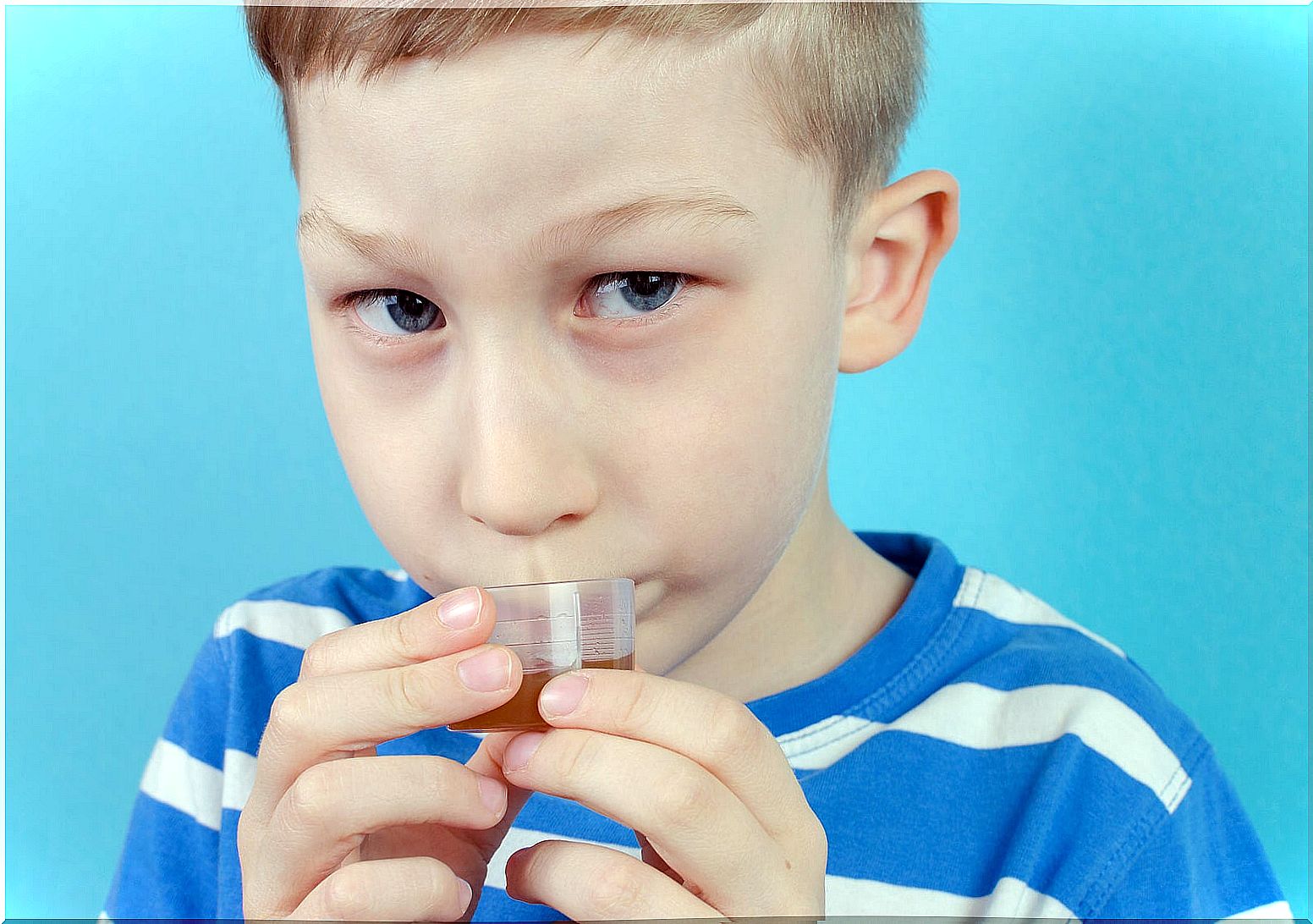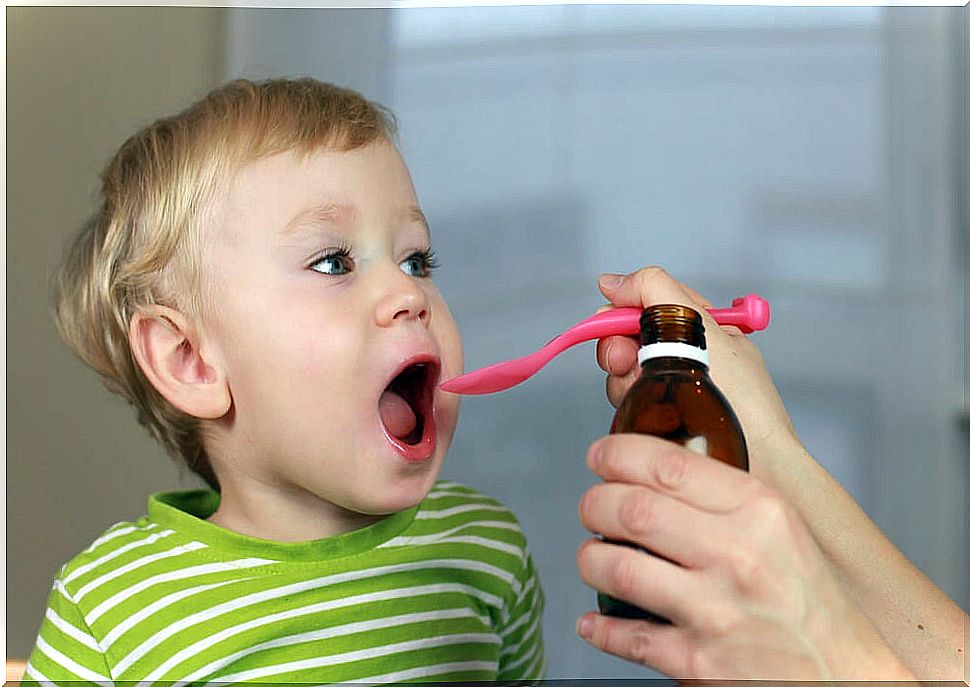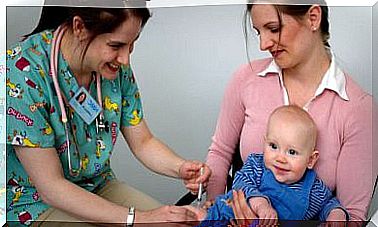Differences Between Paracetamol And Ibuprofen

Paracetamol and ibuprofen are two drugs commonly prescribed in pediatrics for episodes of pain or fever. They are very effective drugs that are usually used very quickly in a variety of situations. However, they are not without effects that it is necessary to know.
Fever is one of the symptoms that most alarms parents. Due to this concern, it is a very frequent reason for consultation with the pediatrician. Both drugs, paracetamol and ibuprofen, are often prescribed to deal with this manifestation.
But can they be used interchangeably? What are their differences? Is it good to combine them? Do they have side effects? Let’s see it next.
What is paracetamol and how does it work?
Paracetamol, or acetaminophen, is an inhibitor of prostaglandin synthesis. It has analgesic and antipyretic properties to deal with mild to moderate pain and fever. However, it does not have anti-inflammatory action. We can find it marketed under the well-known Apiretal brand, among others.
There are different presentations on the market, such as the following:
- Oral solution.
- Envelopes with powder to dissolve in water.
- Envelopes with effervescent granules.
- Orodispersible tablets.
- In case of vomiting, for example, it can be used rectally in the form of suppositories.

It lacks gastrointestinal side effects, which is an advantage over other similar drugs. In fact, it is the most widely used antipyretic. At high doses, significant liver toxicity can occur. In this case, it is necessary to urgently go to the hospital.
What is ibuprofen and how does it work?
Ibuprofen is a drug included in the group of non-steroidal anti-inflammatory drugs or NSAIDs. It works by inhibiting the enzyme cyclooxygenase, both centrally and peripherally.
It is used mainly in the treatment of fever and mild or moderate pain caused by various causes. We can find it marketed under the well-known Dalsy brand, among others.
In children older than 5 years it has been shown to have a greater antipyretic capacity than paracetamol, although this is usually preferred due to the lower incidence of adverse effects. It should not be used in children under 3 months.
Its oral administration can cause digestive discomfort, so it should always be taken with food. Gastrointestinal reactions are the main adverse effects that ibuprofen can produce. However, it should be used with care in patients with asthma, as it can cause serious side effects, or kidney disease, among others.
In children older than 12 years it can be used topically as an analgesic and anti-inflammatory for the local treatment of some sprains, bumps, bruises or contractures.
Main differences between paracetamol and ibuprofen
Although we have already been naming certain differences between these two drugs, we will summarize the most important ones below, such as the following:

- Paracetamol lacks anti-inflammatory effect.
- In general, paracetamol can be administered every 4 to 6 hours, while ibuprofen doses must be spaced between 6 and 8 hours.
- Ibuprofen should not be administered in children younger than 3 months.
- Apart from the oral route, paracetamol can be used rectally in the form of suppositories, while ibuprofen can be used topically in children over 12 years of age.
- Ibuprofen has more gastrointestinal adverse effects than paracetamol.
- In children from 5 years of age, ibuprofen tends to have more analgesic and antipyretic capacity than paracetamol.
Paracetamol and ibuprofen in pediatrics
As we have said, these drugs are indicated for the treatment of pain and fever in children. However, regarding fever, it should be remembered that it is not a disease in itself. It is, in reality, a manifestation of the action of the immune system in the body. Therefore, it should only be treated when it is accompanied by discomfort.
In general, the use of these two drugs should not be combined to reduce fever, unless expressly indicated by the pediatrician. This usually recommends it in specific cases when the discomfort reappears before the next dose of antipyretic or does not disappear with the prescribed treatment. Frequently, their alternate use only multiplies the side effects.
However, before modifying any treatment on our own, you should consult your doctor. Do not forget that they are prescription drugs that we should not use without an express indication. Self-medication has serious risks and can lead to unwanted effects.










